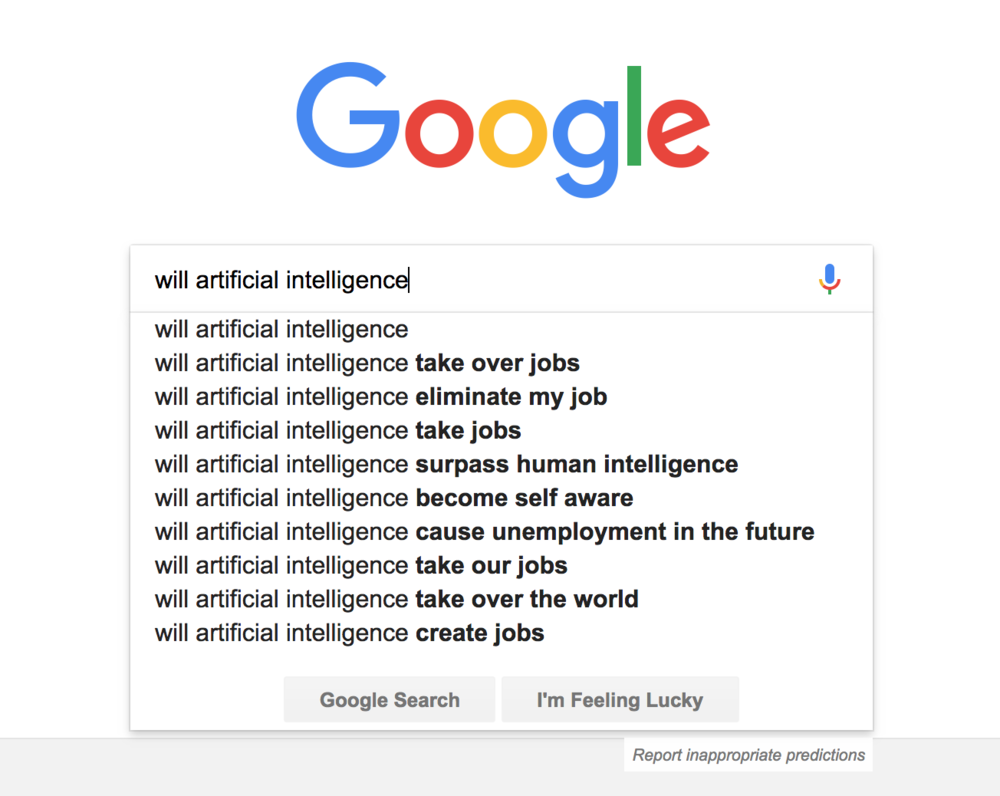Section Branding
Header Content
Searching For Information On Google? It's Looking For You, Too.
Primary Content
Type any word into Google, and the search engine will offer a drop-down list of suggestions for what you should type next. So if you type "Russia collusion," Google suggests you complete your search with "delusion."
On Second Thought's Virginia Prescott speaks with Francesca Tripodi and Bart Wojdynski.
And if you click on that suggestion, the first result is an opinion piece from the New York Post, followed by a Tucker Carlson interview on Fox News, plus a handful of YouTube videos from channels like Red Pill Christian Warrior.
Those search results speak to something bigger: When you use Google, you're not just looking for information. Certain information is looking for you, too.
Francesca Tripodi, a sociologist and media scholar, examined this phenomenon and its unintended consequences, like reinforcing Google users' existing biases. She joined us on the line from Denver, Colorado.
Bart Wojdynski, an assistant professor of journalism at the University of Georgia, also joined. Wojdynski studies how people interpret information and focus their attention once they find a source.


